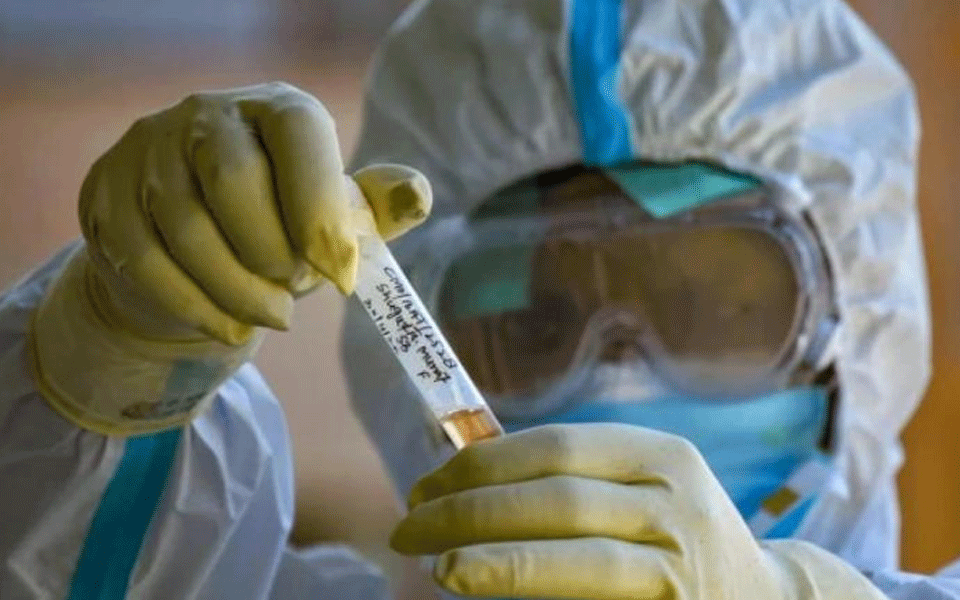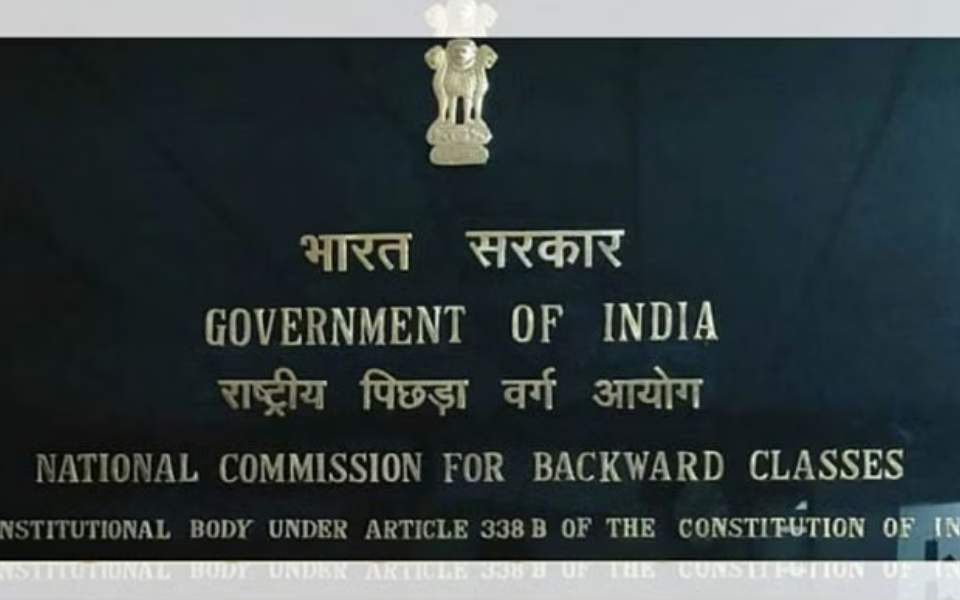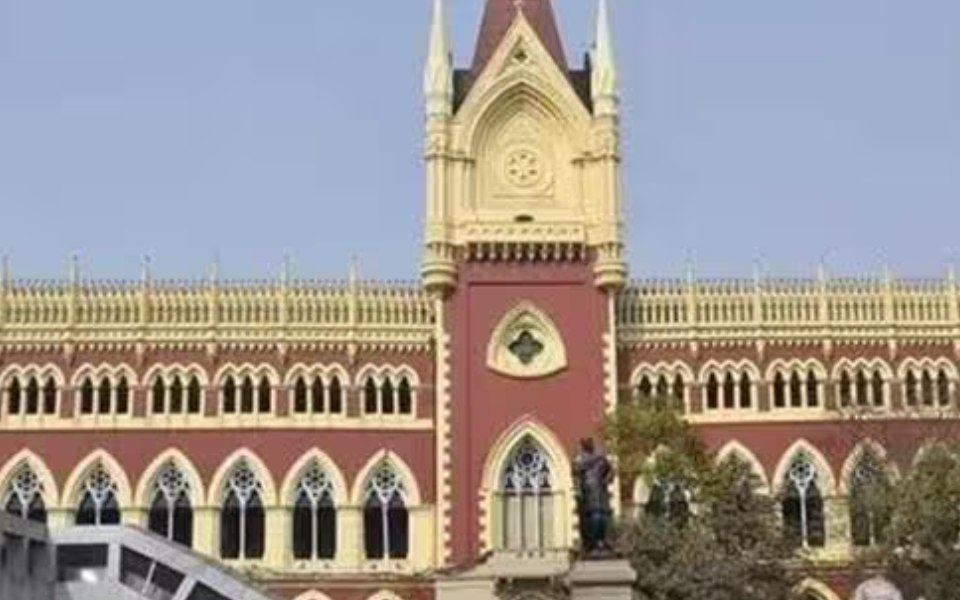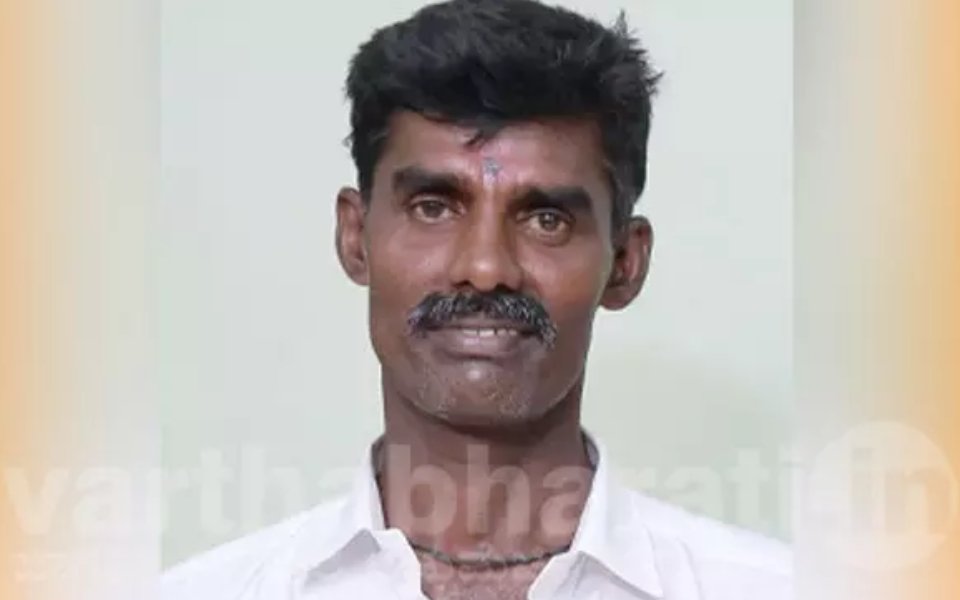Bhubaneswar: A team of genomic researchers from two institutes has identified 73 novel variants of the COVID-19 strain in Odisha, its head has said.
The researchers are from CSIR-Institute of Genomics and Integrative Biology (IGIB), New Delhi and Institute of Medical Sciences and SUM Hospital, Bhubaneswar, he said.
"The research team, which carried out sequencing of 1,536 samples including 752 clinical samples, reported two lineages -- B.1.112 and B.1.99 -- for the first time in India," Dr Jayashankar Das, lead investigator and director (research) of the IMS and SUM Hospital, said on Friday.
If one gets to know the detailed character of the novel coronavirus, it will be very easy to treat patients and cure them, he said.
The research team, supported by the Council of Scientific and Industrial Research (CSIR), validated the most-advanced COVID-19 sequencing technology. This could be a potential high-sensitivity assay for the detection of SARS- CoV-2 with the additional advantage of enabling genetic epidemiology of SARS-CoV-2, Das said.
With this study, India has beaten 12 organisations in 10 countries to complete the first field validation and release the data online, he said, quoting a report by sequencing tech giant Illumina.
The IMS and SUM Hospital researchers are also undertaking the sequencing and analysis of 500 viral genomes to understand the mild, moderate and critical coronavirus infection along with its transmission capabilities, he said.
Besides, the study will help understand the vulnerability of the strains, new therapeutic target and new mutation in eastern India, especially in Odisha, Das said.
The rapid emergence of COVID-19 as a pandemic, which has affected millions of people across the world, has necessitated sensitive and high-throughput approaches for the diagnosis, surveillance and determining the genetic epidemiology of SARS-CoV-2, which will help in tracking strain information as well, he said.
Asked about the difference between RT-PCR test and COVID-19 sequencing tests, Das said, "The COVID-19 sequencing reports give the entire history of the coronavirus, while the RT-PCR tests only determine whether a patient is positive or negative for the infection."
Let the Truth be known. If you read VB and like VB, please be a VB Supporter and Help us deliver the Truth to one and all.
New Delhi, Apr 25: The National Commission for Backward Classes (NCBC) would be summoning the Karnataka chief secretary over the "blanket reservation" given to the Muslim community in the state, chairperson Hansraj Ahir said on Thursday.
The NCBC has criticised the Karnataka government's decision to categorise the entire Muslim community as a backward caste for reservation purposes saying such blanket categorisation undermines the principles of social justice.
"All castes/communities of Muslim religion in Karnataka are considered socially and educationally backward classes of citizens and are categorised as Muslim Caste separately under Category IIB in the State List of Backward Classes," NCBC chairperson Ahir said.
"This classification enables them to receive reservation in educational institution admissions and in appointments to posts and vacancies in the services of the State, as per Articles 15(4) and 16(4) of the Constitution of India," he said.
The NCBC has emphasised that while there are indeed underprivileged and historically marginalised sections within the Muslim community, treating the entire religion as backward overlooks the diversity and complexities within Muslim society.
Ahir said the response received from the state government on the matter has not been satisfactory and he would be summoning the Karnataka chief secretary to give an explanation over the move.
According to the data submitted by the Karnataka Backward Classes Welfare Department, all castes and communities within the Muslim religion have been enlisted as socially and educationally backward classes under Category IIB in the State List of Backward Classes.
The commission, during a field visit last year, examined Karnataka's reservation policy for OBCs in educational institutions and government jobs.
While Karnataka provides 32 per cent reservation to backward classes in local body elections, including Muslims, the NCBC stressed the need for a nuanced approach that accounts for the diversity within these communities.
According to the 2011 Census, Muslims constitute 12.92 per cent of the population in Karnataka.





